 Burton Plumbers
Burton Plumbers
 Burton Plumbers
Burton Plumbers
Gas Line Repairs offers a critical plumbing service that involves the inspection, maintenance, and repair of propane and natural gas systems to ensure safety and compliance with local codes. This service resolves gas leaks, pressure irregularities, and pipe damage, using advanced diagnostic tools and safety standards to mitigate risks and secure premises. Licensed plumbers ensure all repairs meet regulatory standards for reliable and secure gas delivery
We provide top-quality Plumbing services throughout King County. Whether you need help with Gas Line Repairs or other issues, our Pros is ready.
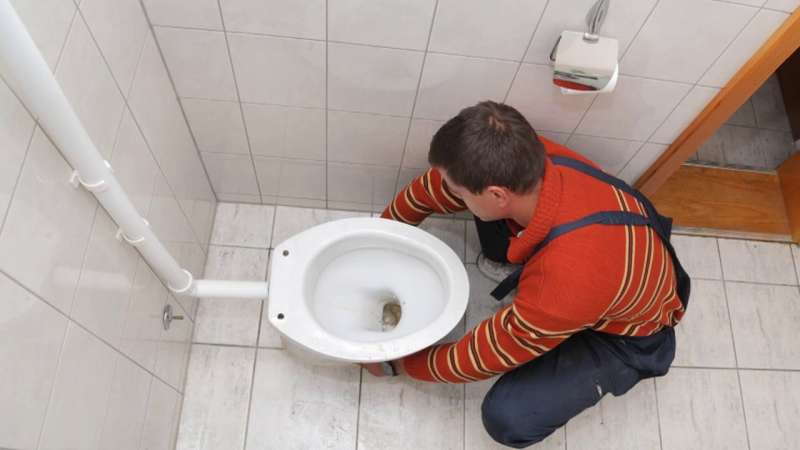
Setting up dishwashing machines, hot water heater (tank and tankless), garbage disposals, and cleaning devices.
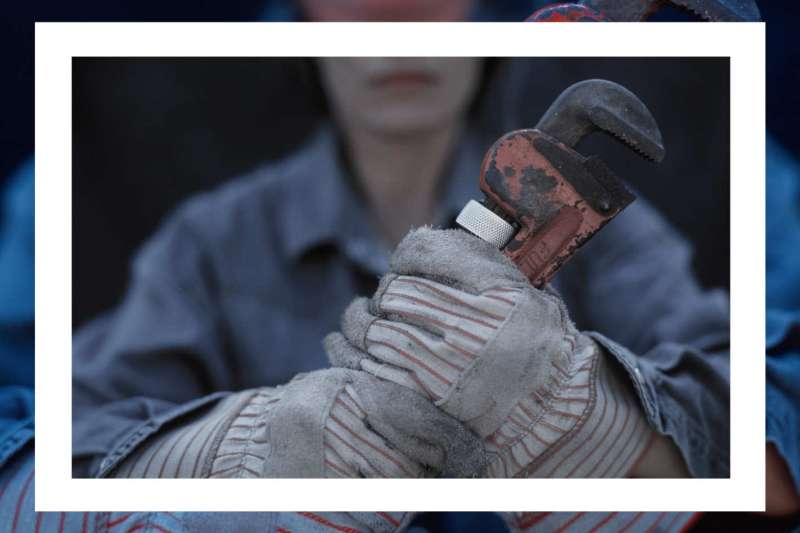
Ensuring backflow prevention gadgets are working properly.
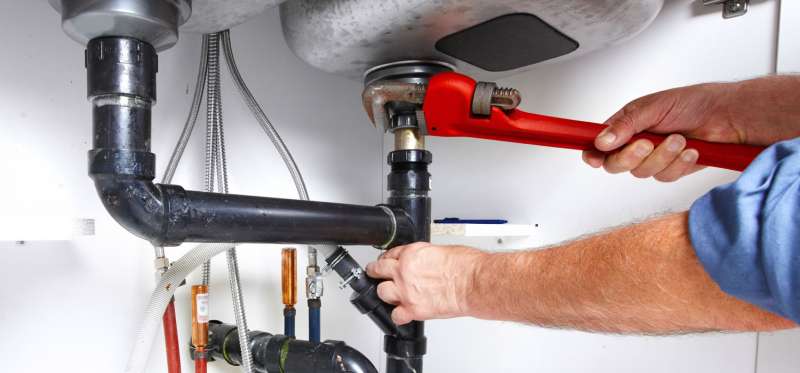
Relocating or upgrading plumbing systems.
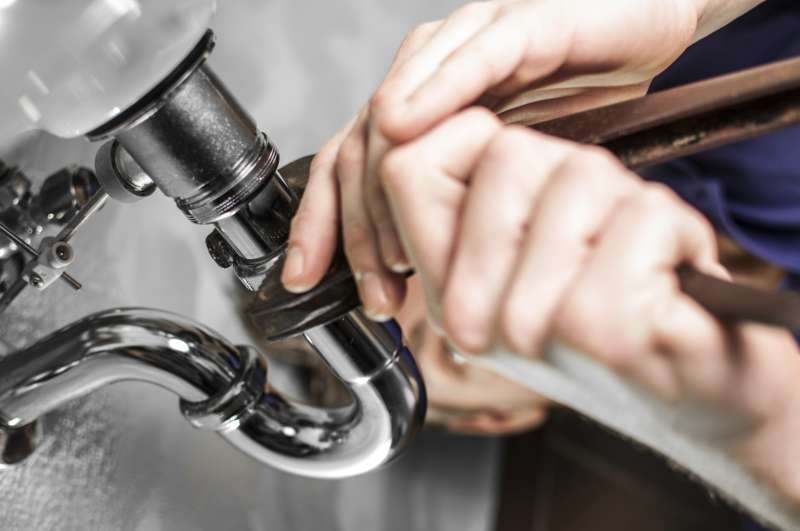
Making sure plumbing systems satisfy local policies.
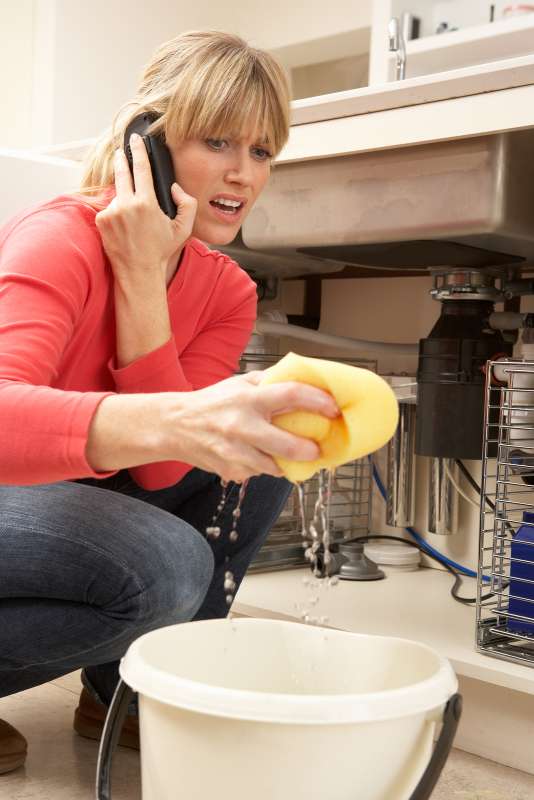
Immediate reaction to prevent flooding and water damage.

Cleaning clogs in sinks, toilets, showers, and sewage system lines.
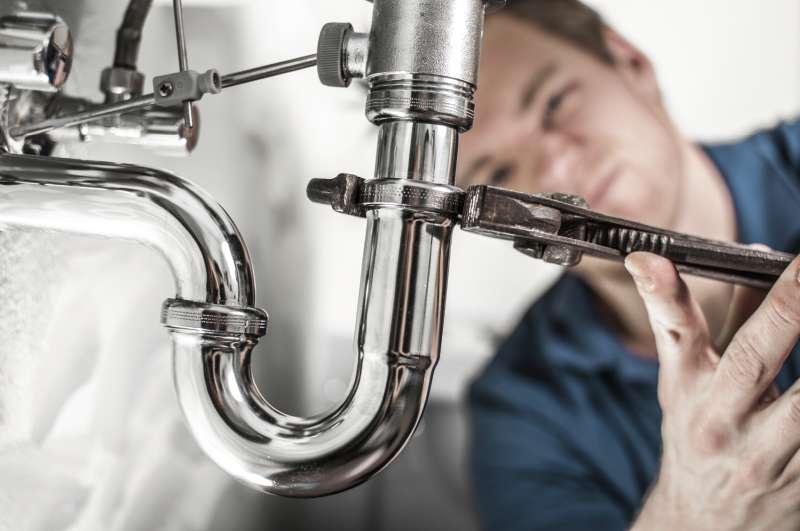
Regular cleansing to prevent blockages and keep flow.
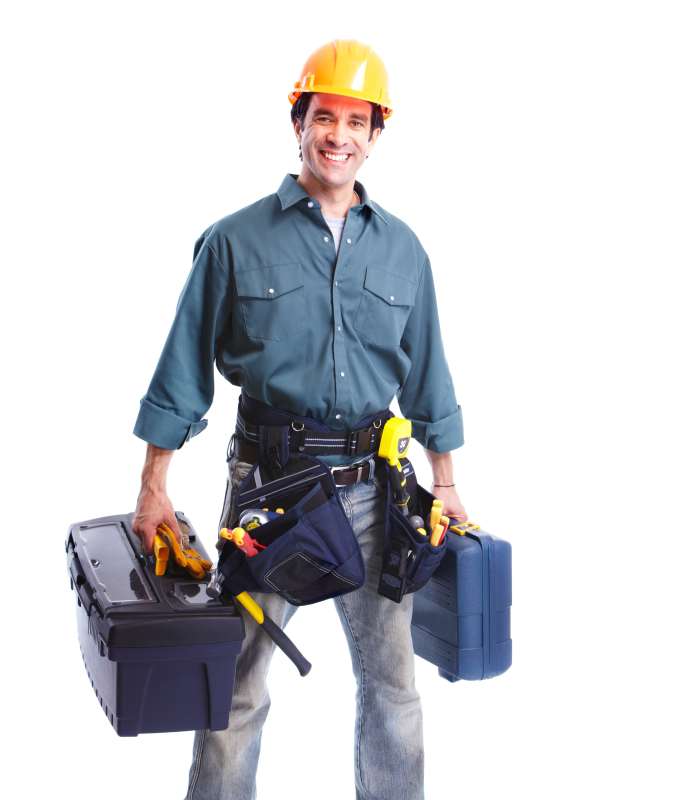
Fixing malfunctioning faucets, toilets, and other components.
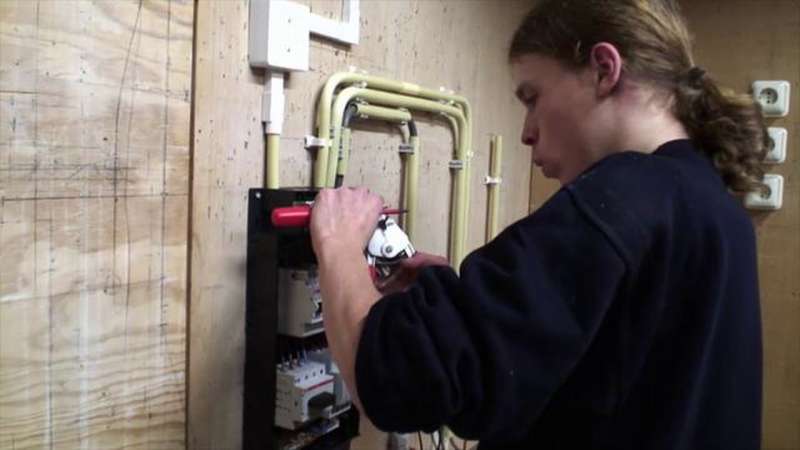
Installation of sinks, faucets, toilets, tubs, and showers.
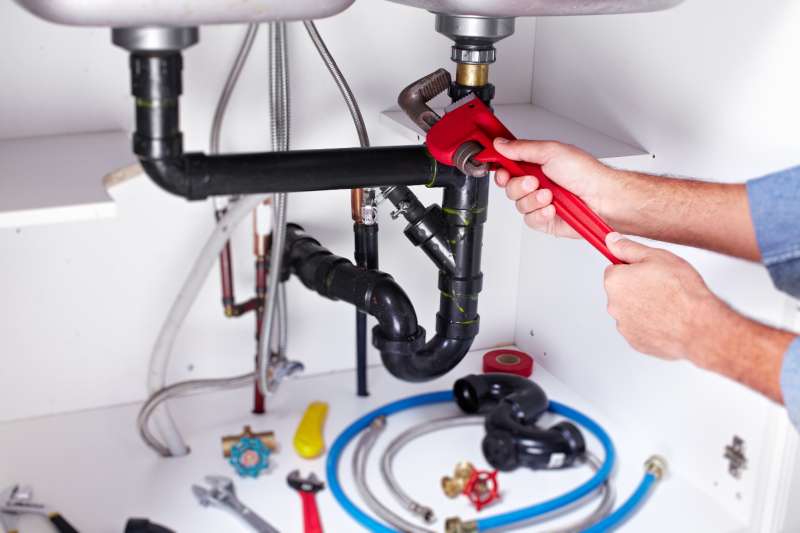
Emergency detection and repair to prevent hazards.
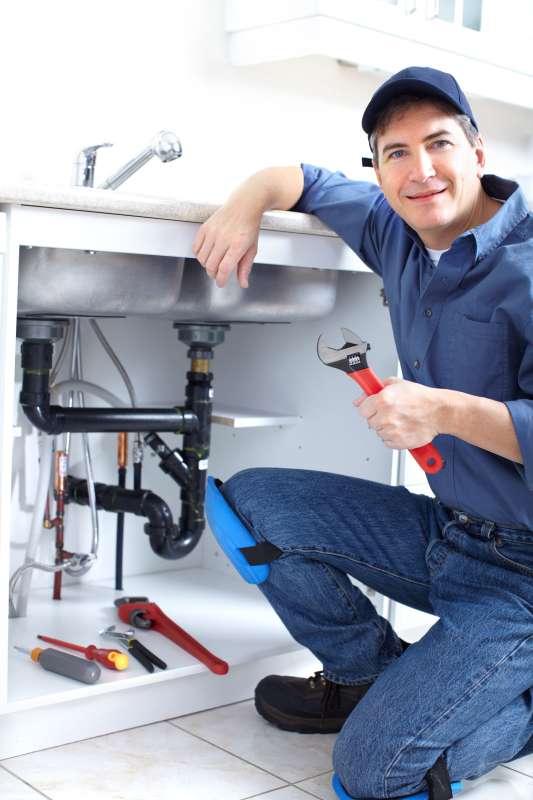
Repairing gas leakages and ensuring correct gas line working.
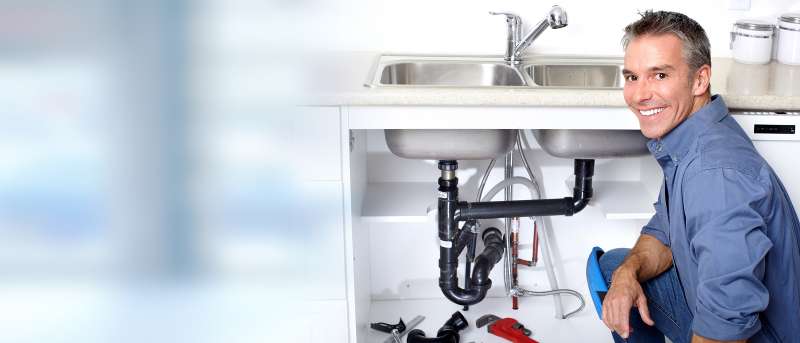
Establishing systems for recycling home wastewater.
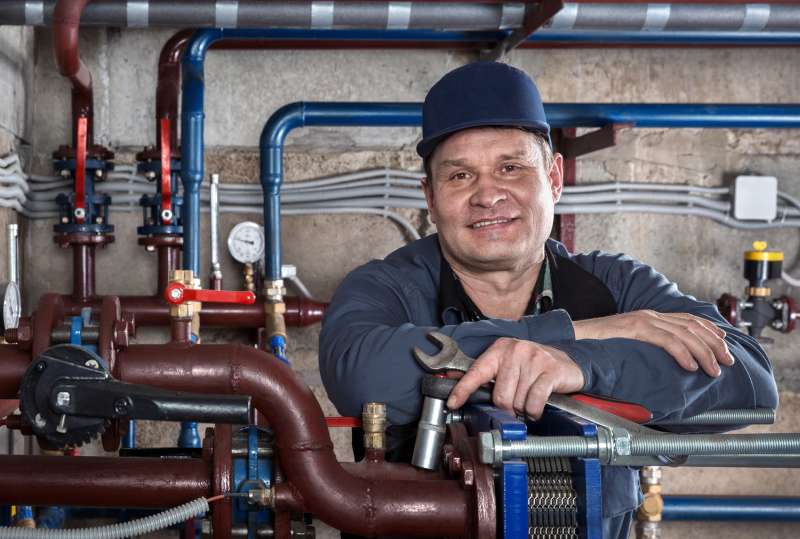
Setting up and keeping glowing floor heating systems.
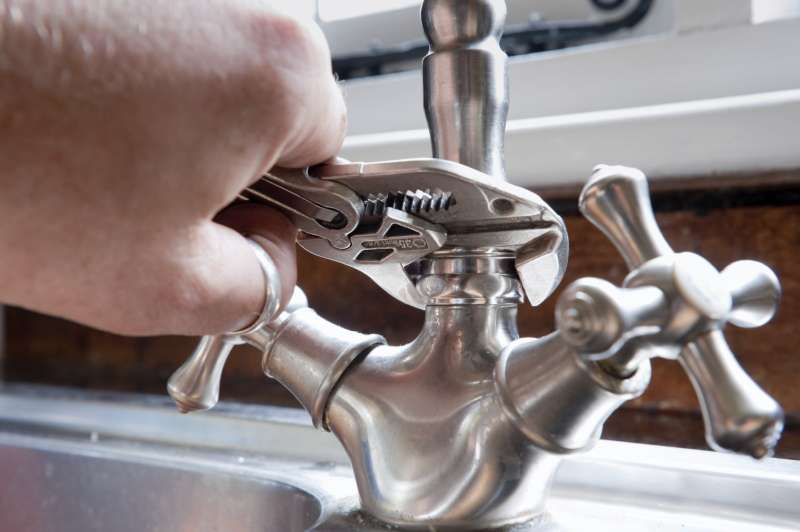
Specialized piping for factories or commercial settings.
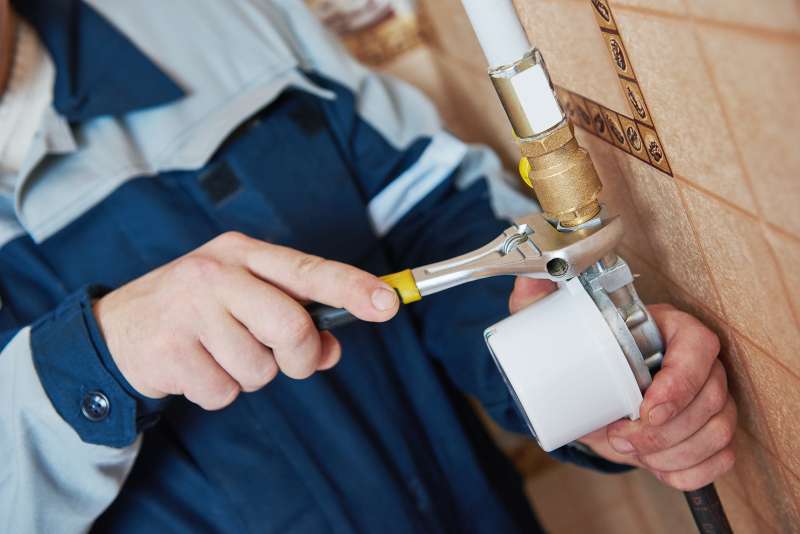
Installing and preserving outdoor watering.
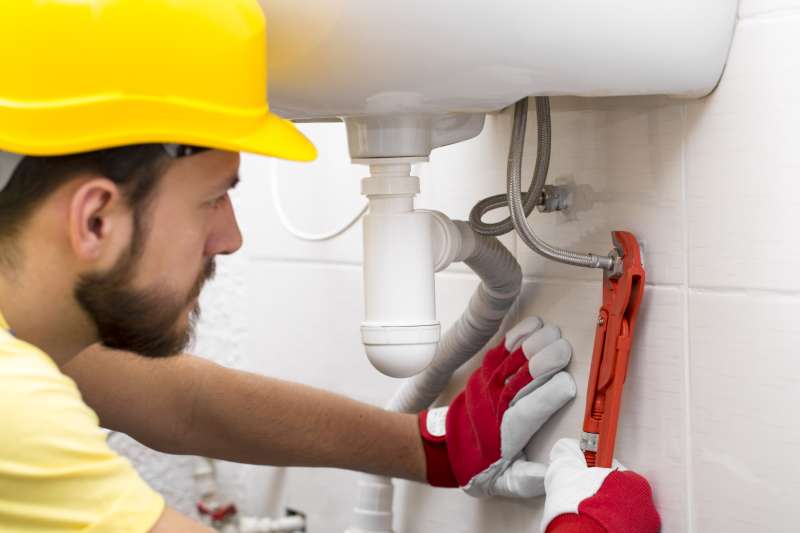
Plumbing systems for new structures or renovations.
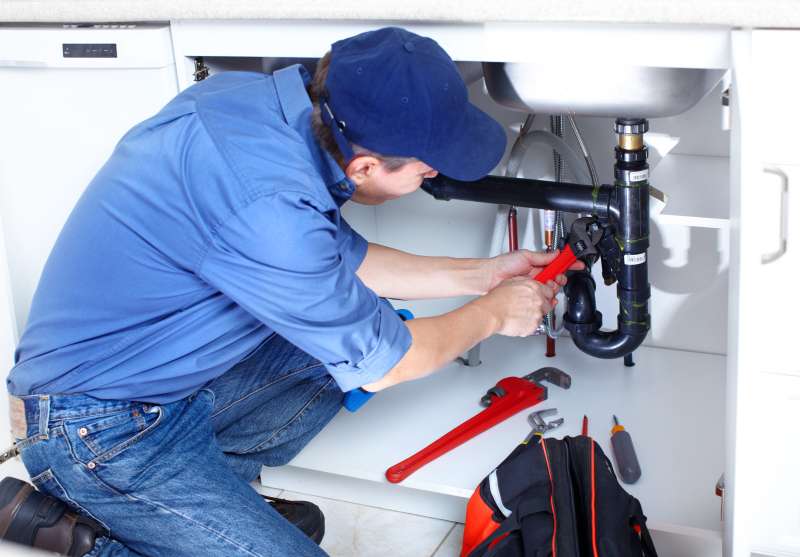
Repairing leakages in pipes, faucets, toilets, and devices.
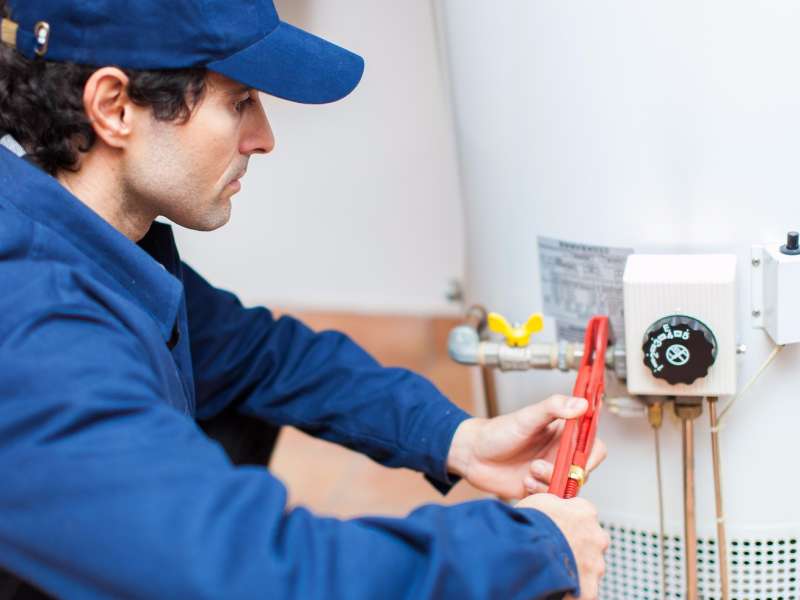
Quick resolution of serious obstructions and overflows.
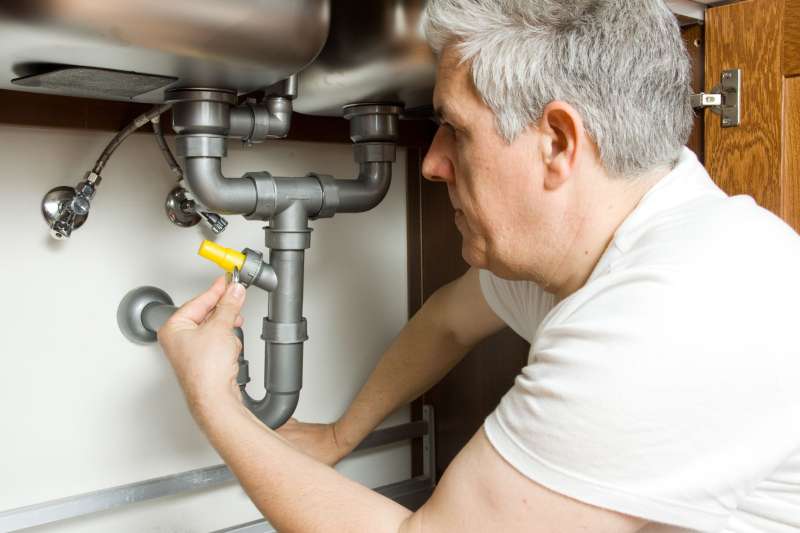
Utilizing video cameras to inspect pipelines for damage or blockages.
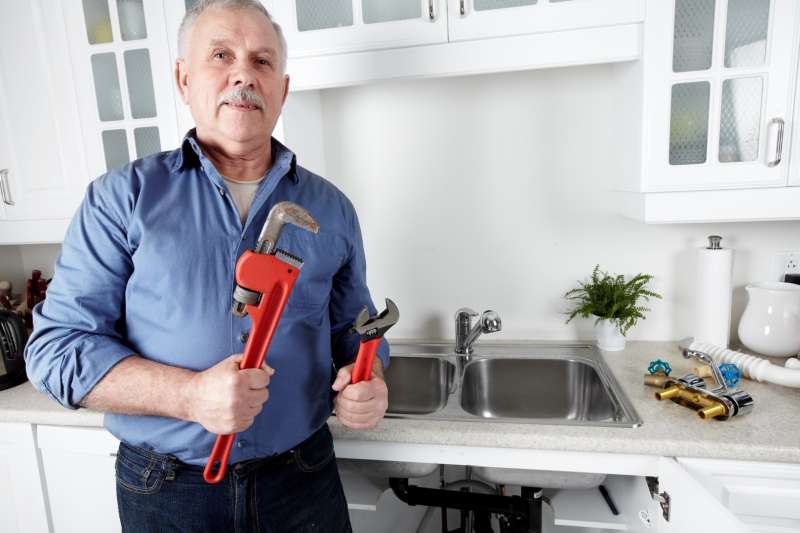
Repairing or changing burst, rusted, or harmed pipes.
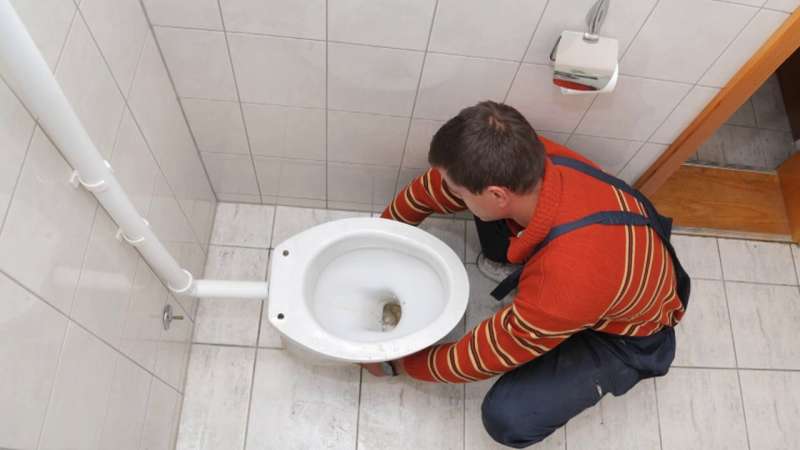
Installing new piping systems for water, gas, and drain.
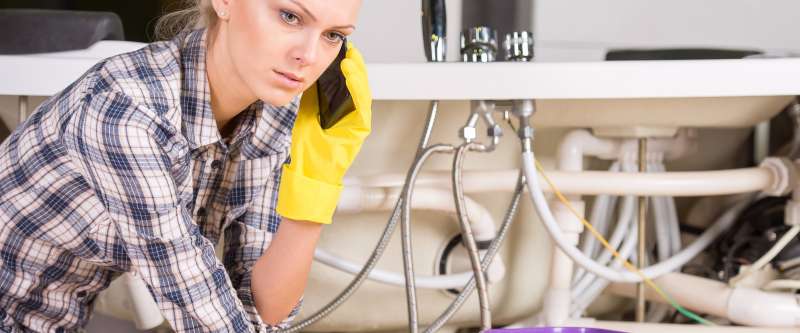
Assessing plumbing systems before buying property.
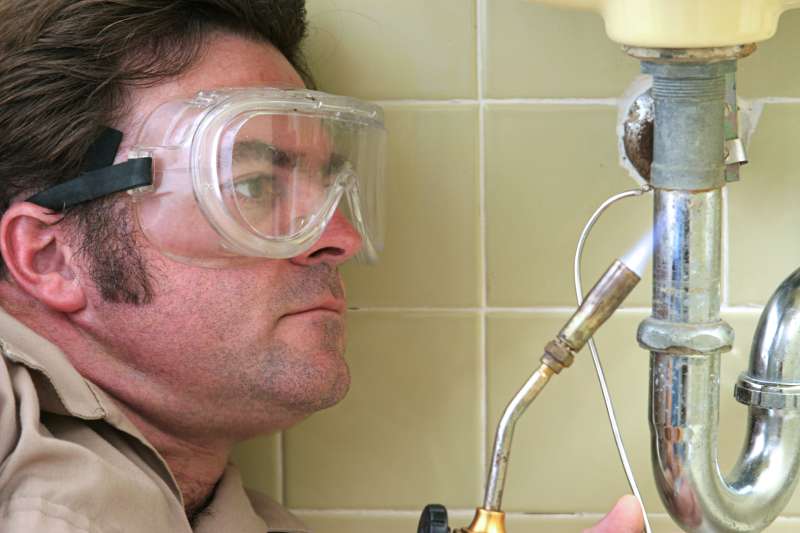
Installing systems to collect and utilize rainwater.
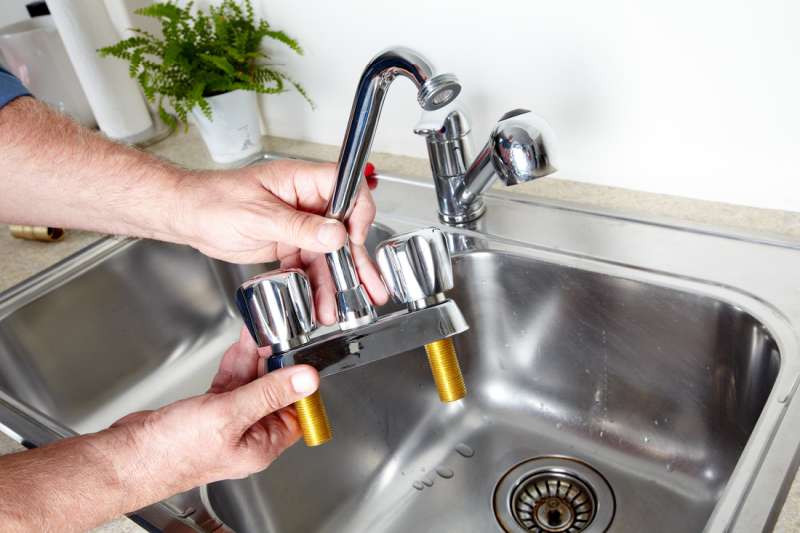
Continuous upkeep services for organizations.
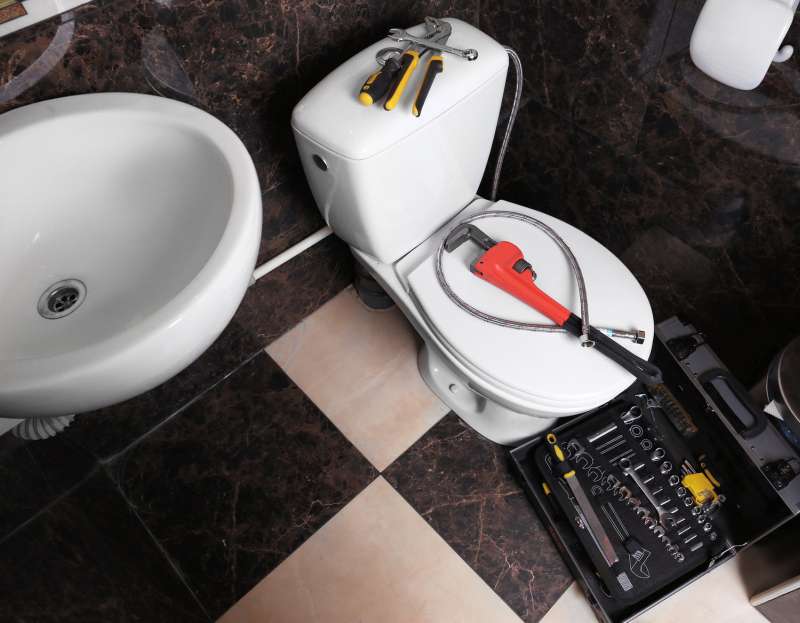
Putting up, repairing, and maintaining septic systems.
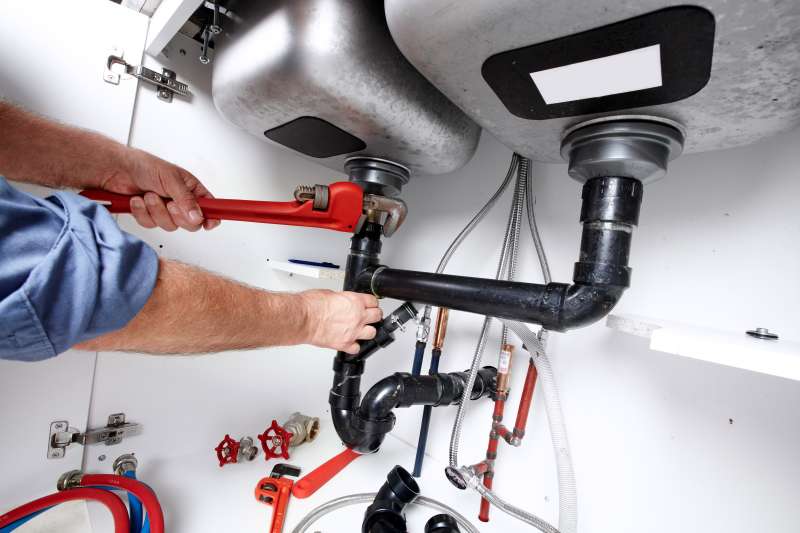
Handling groundwater in basements.
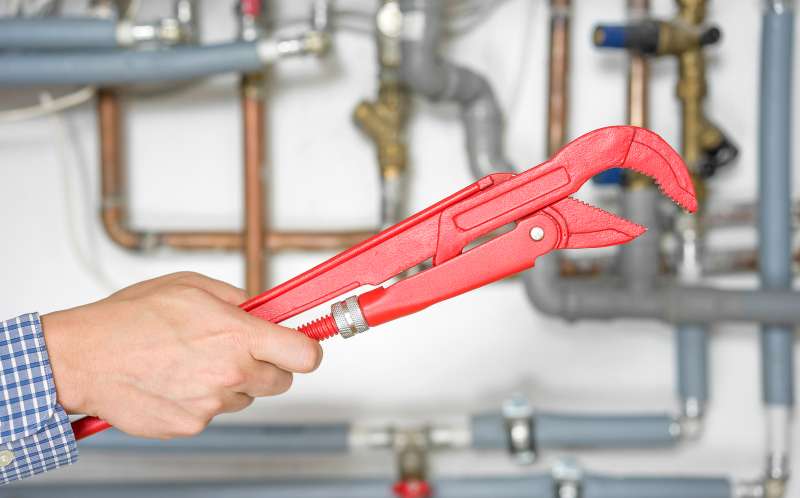
Installing water-efficient or modern components.
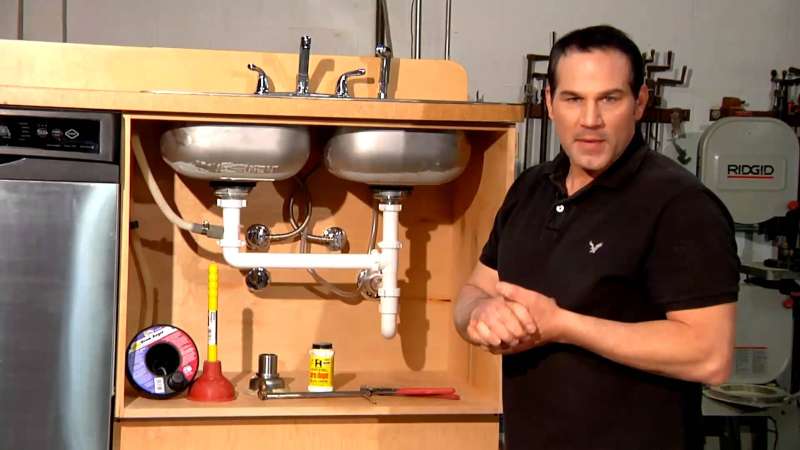
Encouraging on water-saving methods and products.
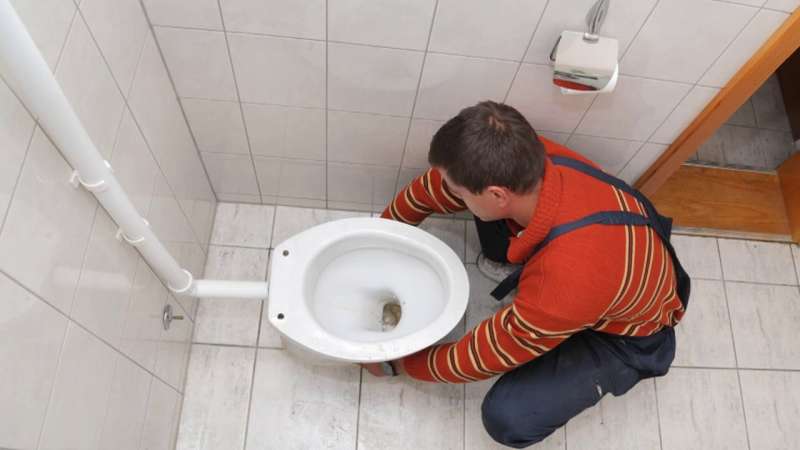
Installing water softeners and purification systems.
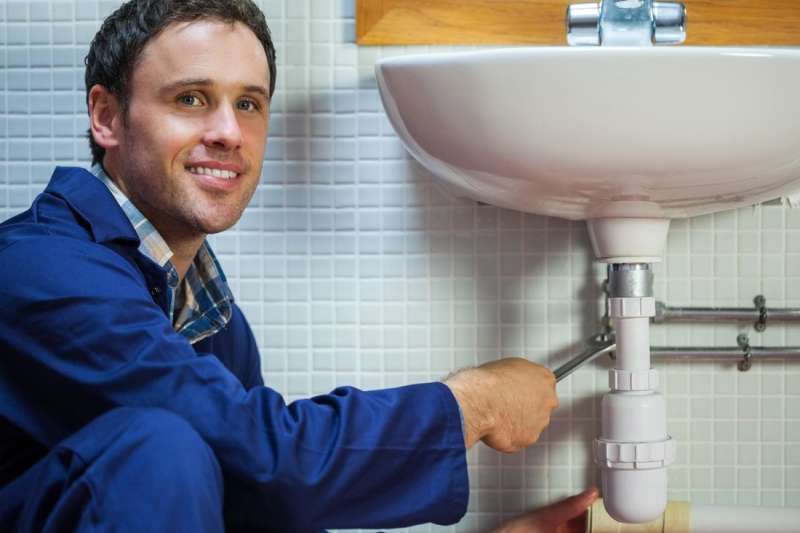
Flushing and inspecting hot water heater to lengthen lifespan.
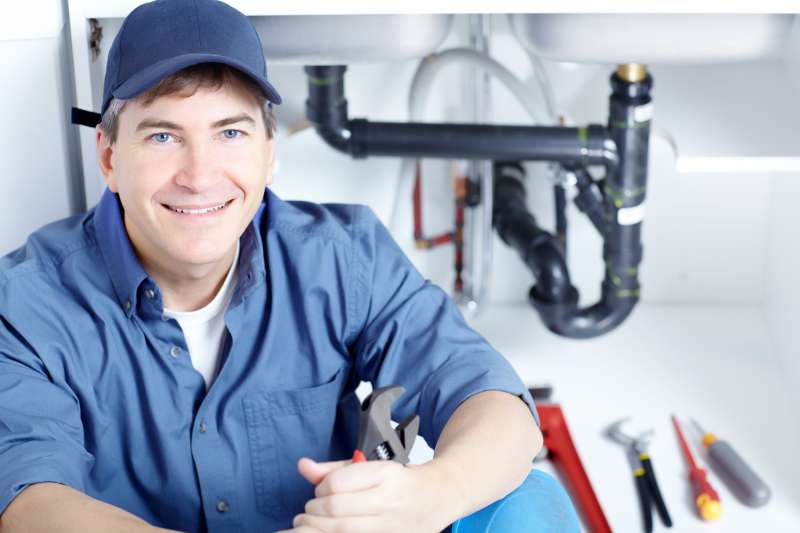
Addressing problems with temperature, leaks, or failure to heat water.
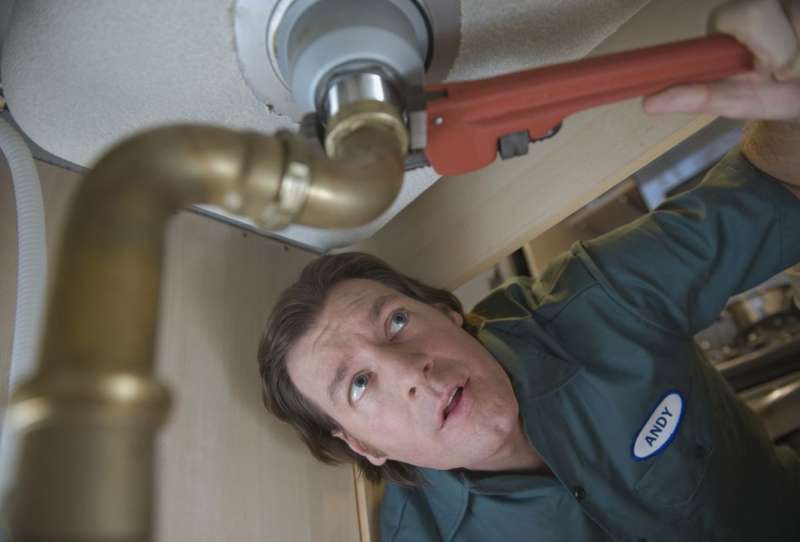
Protecting basements or other areas from water intrusion.
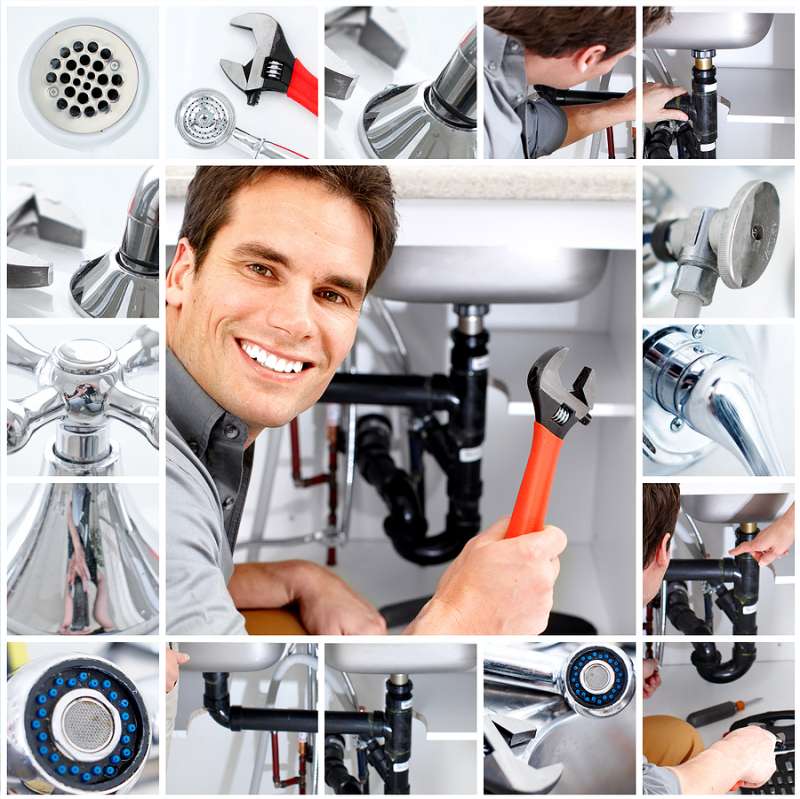
Immediate attention to prevent contamination and health risks.